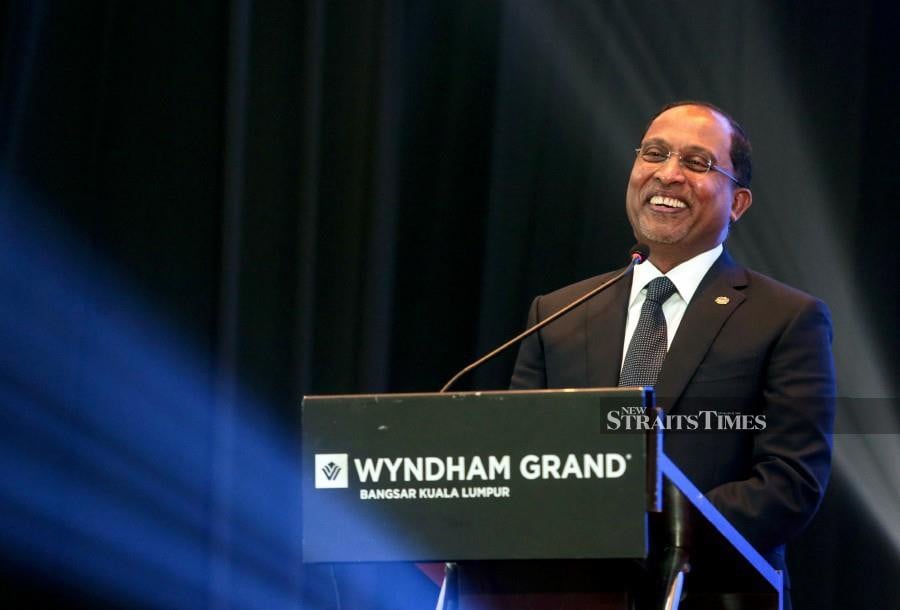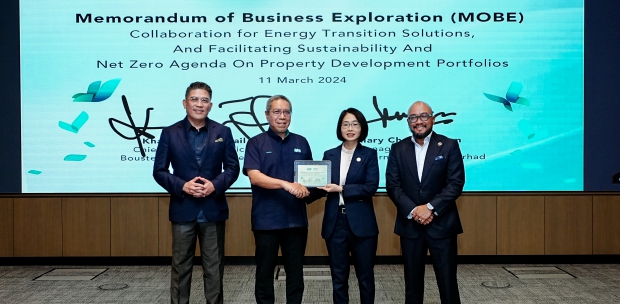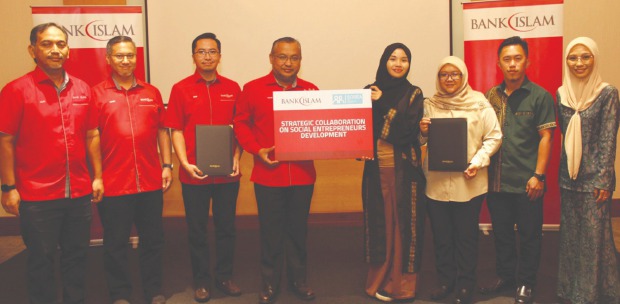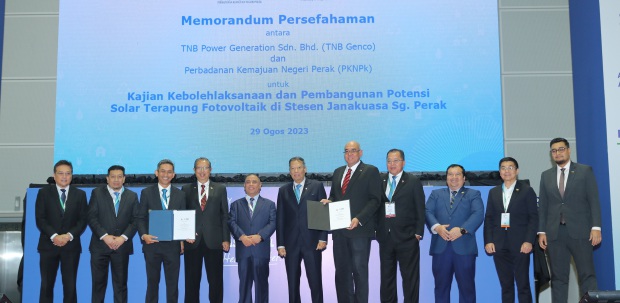LETTERS: Malaysian universities have progressed and overcome trials and tribulations. But a new frontier awaits them.
Recently, Higher Education Minister Datuk Seri Dr Zambry Abd Kadir said internationalisation of higher education was one of his priorities.
Malaysian universities must stay abreast of developments to become global institutions.
Many universities agree that they should not work in isolation. They need to collaborate with international counterparts to address issues towards becoming global players.
Malaysian universities must diversify their talent, reset their culture and foster global relationships.
Collaboration between universities — within and across borders — is no longer optional.
A case in point: the University of Cambridge has a very significant global presence, with research collaborations in more than 135 countries. Sixty-five per cent of Cambridge's publications have international co-authors. It also has almost 60,000 overseas alumni.
Beyond the numbers, Cambridge's diversity is reflected in its willingness to acknowledge a multitude of world views, and to integrate talent, regardless of nationality, gender, ethnicity or economic status, to jointly lead economies and societies towards greater prosperity.
A truly global university must also address global issues. Whether it is food security or energy sustainability, threat of climate change or the realities of mass migration, the challenges we face are international — and so, too, will be the solutions.
Infectious diseases, for instance, are not hindered by borders and we are all affected by the pace of digital transformation.
A global university should also educate its students to become global citizens and prepare them for global careers.
This is in addition to having a board comprising eminent scholars from diverse nationalities. Staff and student populations should also be multinational.
Universiti Teknologi Mara, a prominent affirmative-action university, must embrace these challenges if it wants to become a world-class university while preserving its identity, and mission of uplifting the indigenous community.
It is important to have inter-university networking to drive and encourage global collaboration, and to ensure present and future workforces are kept abreast of the present and future needs of society.
Producing a global university, for any country, will not be easy. It not only a needs money but also support from other sources that will help a university gain and maintain such a status.
PROFESSOR DR AHMAD NAQIYUDDIN BAKAR
Director of Strategic Partnership
UiTM Global
The views expressed in this article are the author's own and do not necessarily reflect those of the New Straits Times





